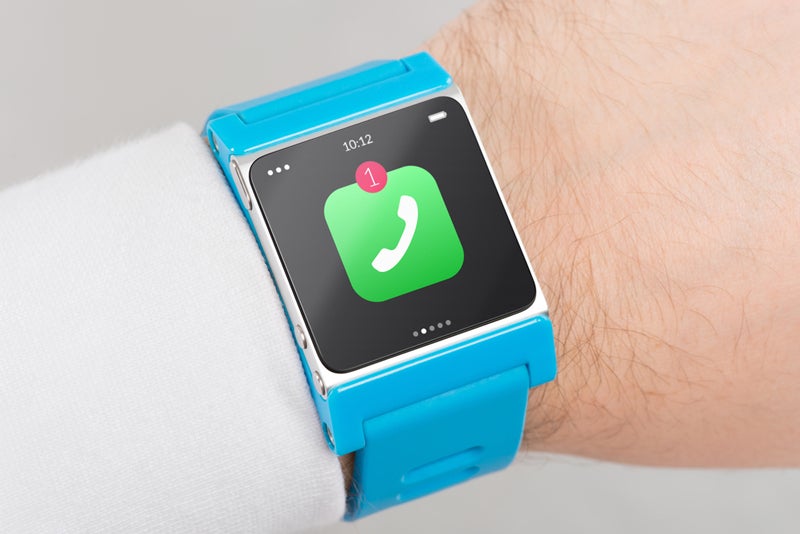Grow Your Business,
Not Your Inbox
Stay informed and join our daily newsletter now!
Imagine the following scene: a person who arrives at the office, does his best from 8 to 5, and when his working hours are over, he happily goes home and does not know about work again until the next day. Fortunately or unfortunately, depending on the lens through which it is viewed, this scene is less and less attached to reality.
Until a few years ago, workers in a company – yes, even managers – kept working hours and could enjoy their free time without receiving phone calls or emails every 30 minutes. But digital technology has come to give this situation a 180-degree turn: today, every employee who owns a smartphone is exposed to being bombarded with calls, messages and emails outside of their working hours.
This always on state – which refers to the quality of being always available for work matters and is closely linked to digital technology – is driven by several companies and valued by more than one boss (because an employee who loves his job never disconnects from it … right?). But what are the consequences of answering the boss’s calls at midnight? And even more, how can we face this situation?
The importance of putting a brake
Always one step ahead in terms of labor law, France issued a law a few months ago that allows workers in certain sectors to ignore the emails they receive when leaving the office. This was explained in various media, in order to respect the “required time of rest and disconnection.”
However, the situation in Mexico and other Latin American countries is diametrically different: the line between work and private life is increasingly blurred, and if something is valued it is not free time, but work in excess.

Focus on the results of your employees, and not the time they spend in the office. Spending more than 14 hours in front of a computer is not synonymous with being efficient or proactive.
Learn to respect the free time of your workers. Maybe you’re in love with your job, and you can’t even leave it outside the office. But not everyone has to feel the same as you. Avoid calling your employees, sending them emails or Whatsapps (yes, they also count) outside of working hours, unless it is strictly necessary.
Ask yourself, “Can it wait for tomorrow?” It doesn’t matter how close your relationship is to an employee: if the matter can wait until the next day, wait. If you remembered at that moment and you fear that you will forget, write it down in your agenda or ask your cell phone to remind you!
Maybe you give your employees a cell phone from work, and that’s fine. But beware: this does not mean that they have to be available to you 24/7. The same rules apply.
If you are an employee …
First of all, convince yourself that you have the right to enjoy your free time. The fact that you make plans with your family or friends does not make you an irresponsible worker, but a normal person. Or not?
During your free time, and especially on weekends, reduce the number of times you check your cell phone. And get rid of that knack of checking your email! Many times we are to blame for not being able to completely disconnect from our work.
If your boss calls you after hours, you may be able to ignore him sometimes, but many times you will be forced to answer. So talking to him will be a better option. Kindly ask them to resolve work issues while you are in the office, as you will feel much better able to deal with them.
Learn to draw a line and say “no.” Many times, your boss will value your free time if he knows that you value it. On the contrary, if you make him understand that your personal life is not so important and that you are always available for work, you will allow him to call you whenever he wants. Ultimately, it all depends on you.







